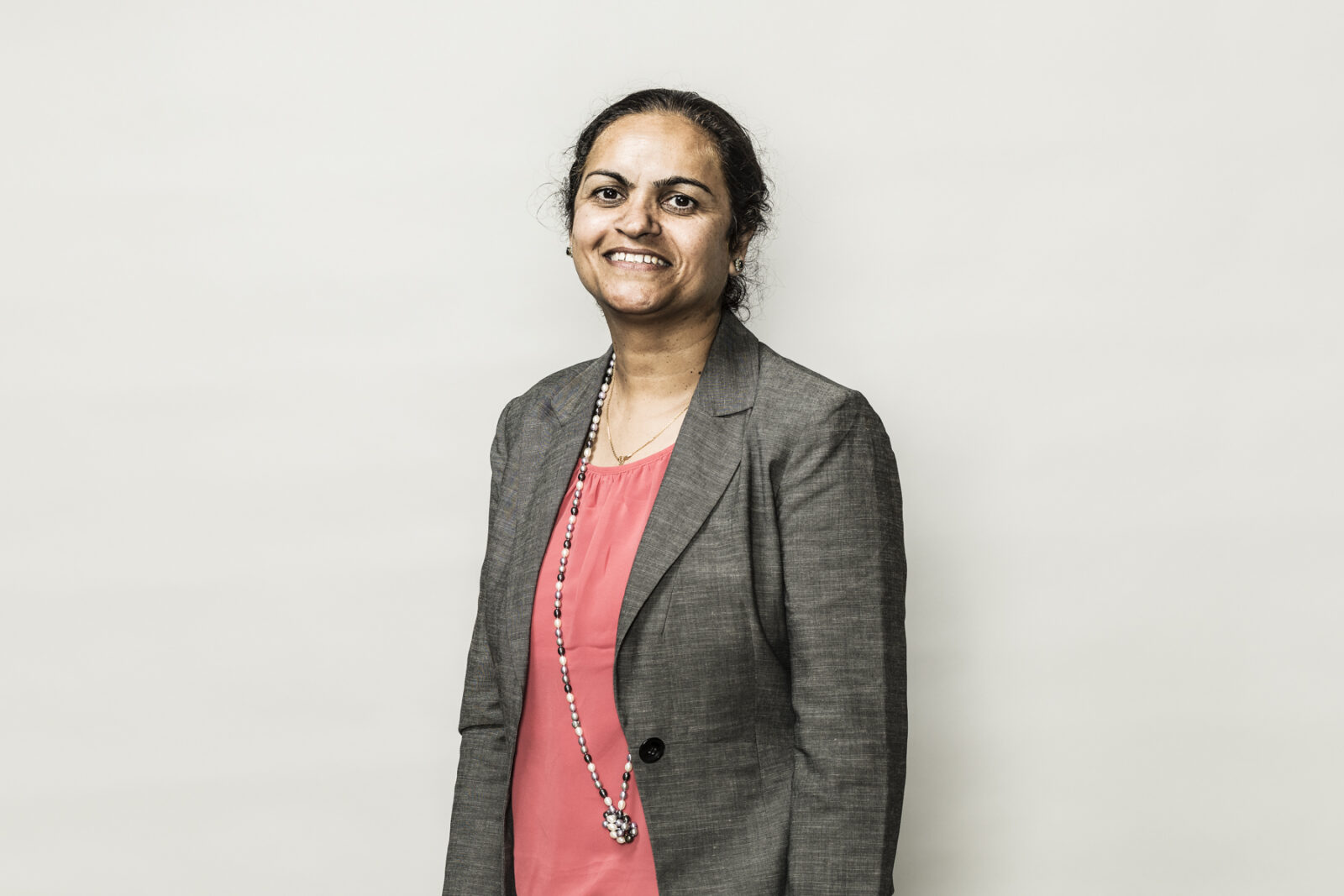
Faculty Research at Lassonde
FACULTY RESEARCH EXPERTISE
The Lassonde School of Engineering is home to over 120 faculty members within four departments.
To see a detailed overview of faculty research expertise, visit the links below:
CANADA RESEARCH CHAIRS
The Canada Research Chairs (CRC) Program stands at the centre of a national strategy to make Canada one of the world’s top countries in research and development. Chairholders aim to achieve research excellence in engineering and the natural sciences, health sciences, humanities, and social sciences. Tier 1 chair positions must be full professors or associate professors who are expected to be promoted to the full professor level within one or two years of the nomination. Tier 2 chair positions must be emerging scholars. The CRC program website includes further information about the program and a searchable database of all individuals across Canada.
Michael Brown
Tier I Canada Research Chair in Computational Vision
Michael Brown is a York University Professor in the Department of Electrical Engineering & Computer Science, Lassonde School of Engineering and a Tier 1 Canada Research Chair in Computer Vision. Brown’s research aims to improve the understanding of the physical world through camera images by: investigating image formation models that describe how incoming light (i.e., physical scene irradiance) is converted to camera sensor responses under different imaging scenarios; and designing novel in-camera imaging pipelines that produce image outputs suitable for both photographic and scientific tasks. His program is strongly aligned with York University’s $33.3 million Canada First Research Excellence Fund program, Vision: Science to Applications (VISTA), which focuses on research in biological and computational computer vision.
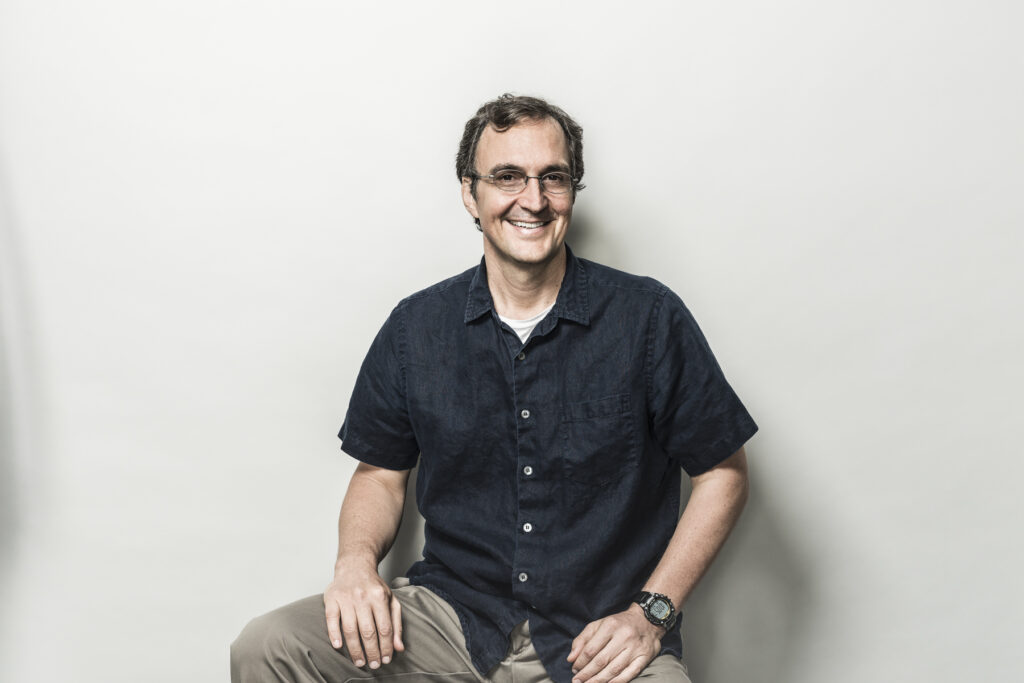
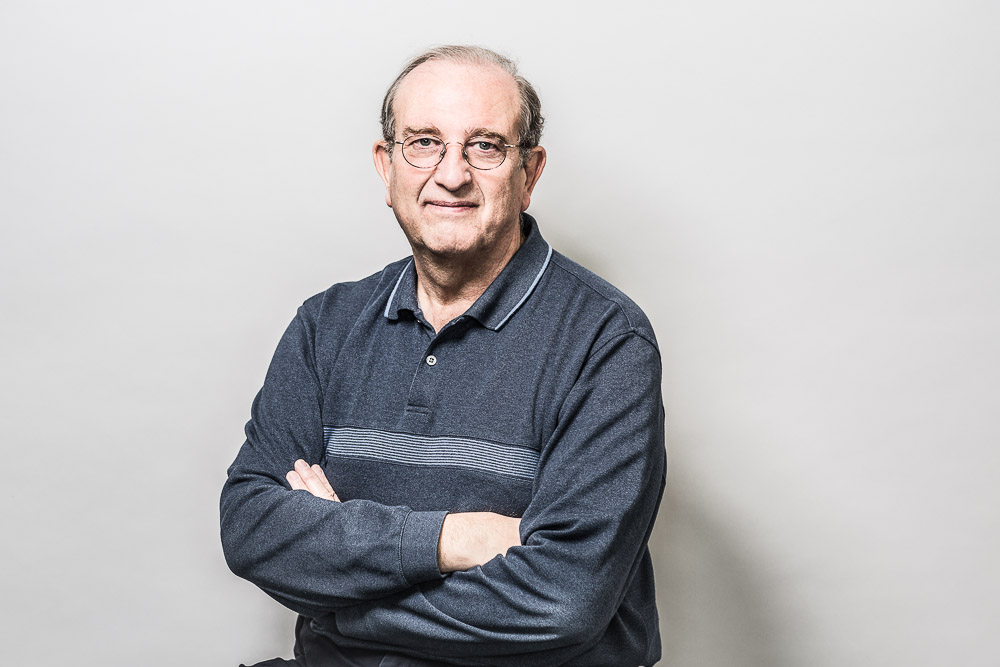
John Tsotsos
Tier I Canada Research Chair in Computational Vision
John K. Tsotsos is currently the Distinguished Research Professor of Vision Science at York University, where he also holds the NSERC Tier 1 Canada Research Chair in Computational Vision. He holds Adjunct Professorships in the departments of Computer Science and of Ophthalmology and Vision Sciences at the University of Toronto. He was Director of the Centre for Vision Research from 2000 to 2006. In 2014 he became the founding Director of the Centre for Innovation in Computing at Lassonde. His research efforts span the areas of computer vision, computational neuroscience, human vision, artificial intelligence and robotics. He is the recipient of the 2006 Canadian Image Processing and Pattern Recognition Society Award for Research Excellence, and Service and of the 1st President’s Research Excellence Award by York University in 2009. He was elected Fellow of the Royal Society of Canada, Academy of Sciences, Division of Mathematics and Physical Sciences in 2010 and was awarded their 2015 Sir John William Dawson Medal for excellence in multidisciplinary research.
Isaac Smith
Tier II Canada Research Chair in Planetary Science
Isaac Smith, Lassonde School of Engineering, Tier 2 CRC in Planetary Science. Professor Smith is a planetary scientist who concentrates on atmospheric, surface, and subsurface processes on Mars, especially related to ice. He came to York from the Planetary Science Institute, where he joined as a post-doctoral researcher in 2016 and was promoted to research scientist in 2017. He completed his PhD at the University of Texas at Austin in 2013 and afterward received a Fulbright Fellowship to work at Le Laboratoire de Météorologie Dynamique at Sorbonne University in Paris.
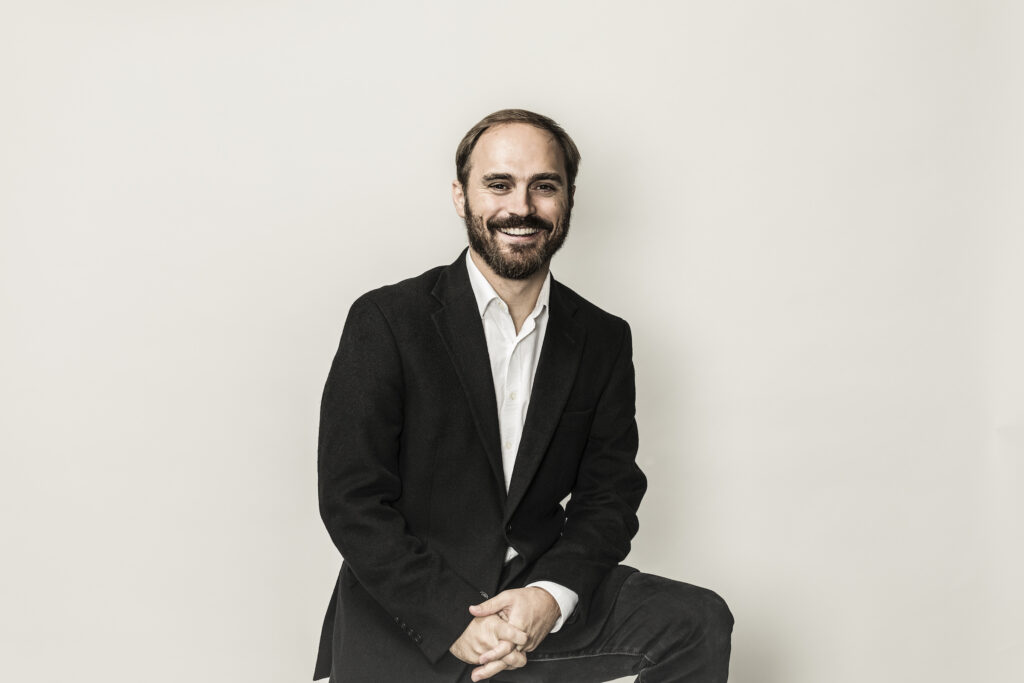
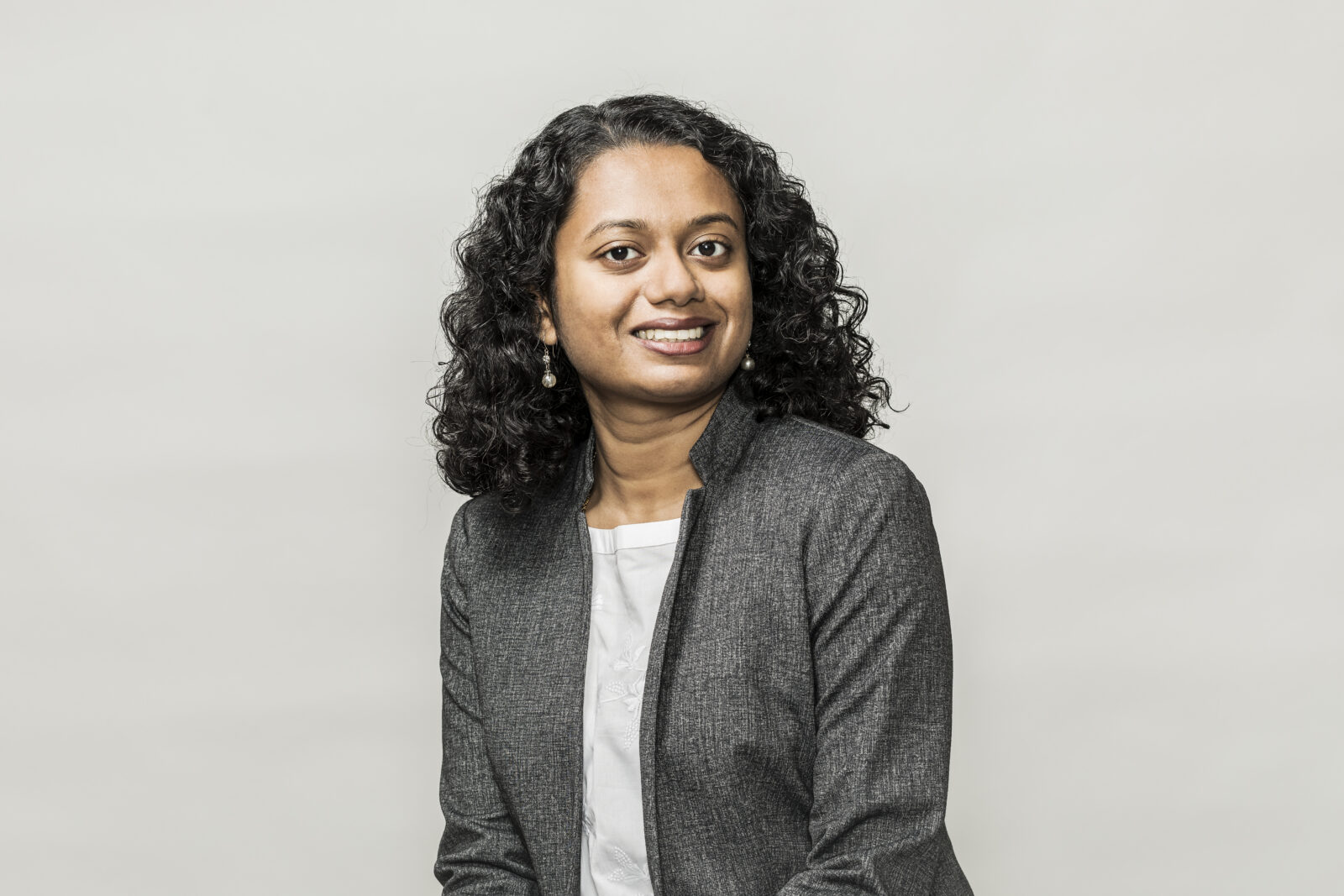
Pirathayini Srikantha
Tier II Canada Research Chair in Reliable and Secure Power Grid Systems
Pirathayini Srikantha is Assistant Professor in the Department of Electrical Engineering & Computer Science, Lassonde School of Engineering. Professor Srikantha holds a Tier 2 CRC in Reliable and Secure Power Grid Systems for research that has important national security implications for Canada’s critical power grid infrastructure. Srikantha will build on her foundational contributions to smart distribution systems by using the latest breakthroughs in artificial intelligence and transactive technologies. To enhance reliability in the increasingly volatile and vulnerable electricity grid, her research will address two specific challenges: giving devices that are controlled by the electric power utility the ability to automatically infer, predict and respond to power disturbances, and secondly, designing trustworthy energy markets that incentivize power producers and consumers to provide grid support during congestion or fault conditions.
YORK RESEARCH CHAIRS
The York Research Chairs program is envisioned as York University’s internal counterpart for the national Canada Research Chairs (CRC) program and recognizes outstanding researchers at York. The level of support and recognition provided to York Research Chairs is expected to be aligned with supports and recognition provided through the CRC program.
York Research Chairs are available at two levels analogous to CRC chairs. Tier 1 York Research Chairs are open to established research leaders at the rank of full professor, while Tier 2 York Research Chairs are aimed at emerging research leaders within 15 years of their first academic appointment. Both have five-year terms that are renewable in the context of open-competition based on peer review and the continuing availability of resources.
York Research Chairs Program Report – Report from York Research Chair Program Review Panel (March 2018)
James Elder
Tier I York Research Chair in Human and Computer Vision
James Elder has received a Tier 1 York Research Chair in Human and Computer Vision. Elder is a member of the Centre for Vision Research and a professor in the Departments of Electrical Engineering and Computer Science and Psychology at York University, and is appointed as a joint Lassonde School of Engineering/Faculty of Health Tier I Chair. His research interests include the development of novel and useful computer vision algorithms and machine vision systems through a better understanding of visual processing in biological systems.
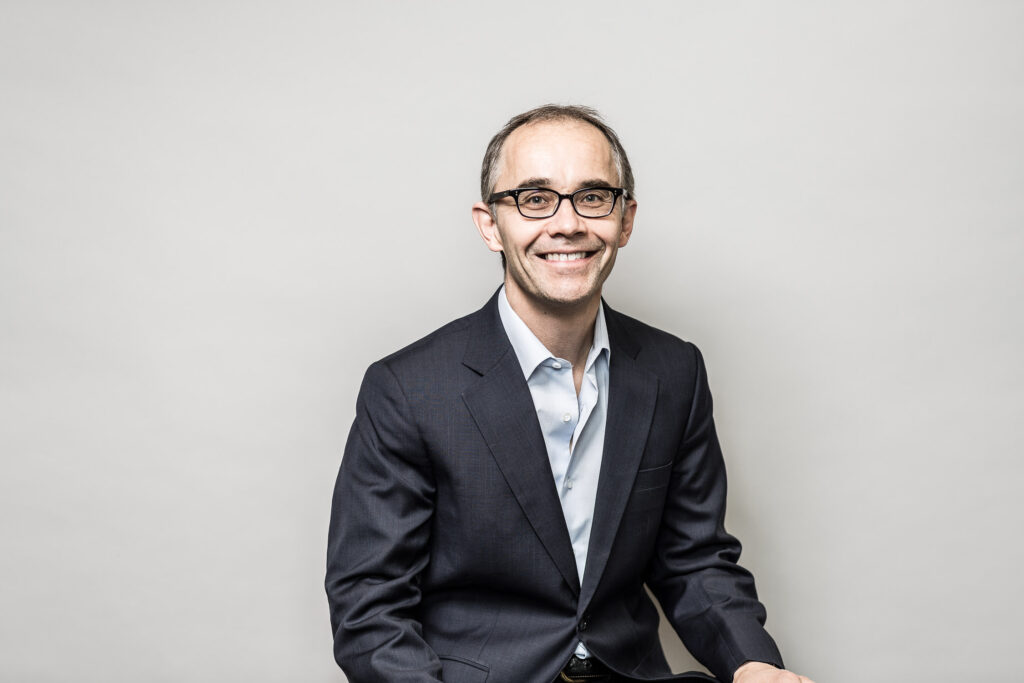
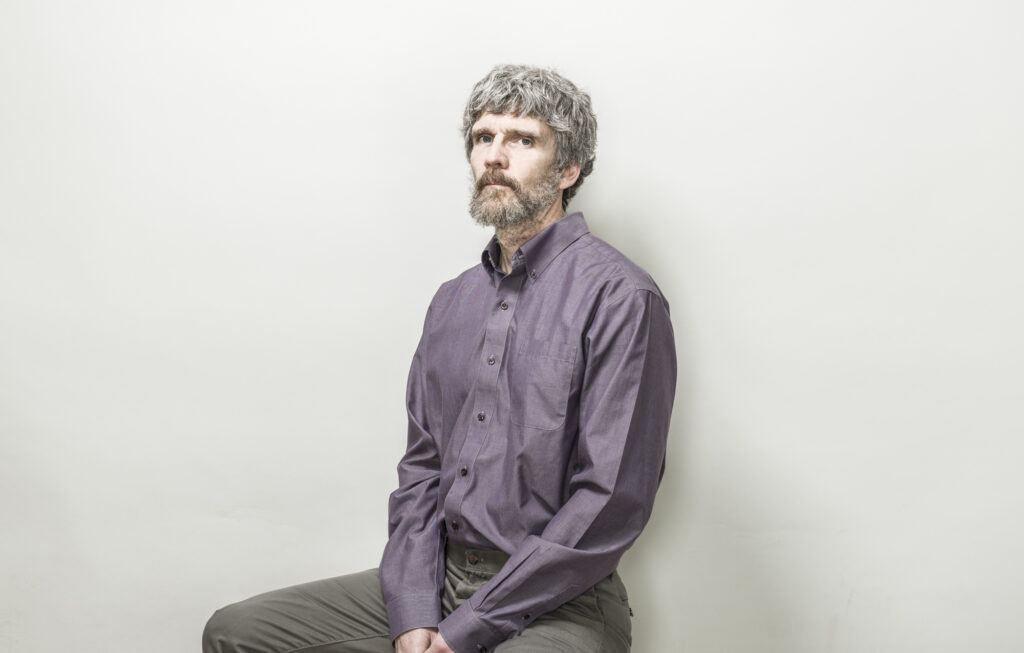
Rick Wildes
Tier I York Research Chair in Computational Vision
Richard Wildes has received a Tier 1 York Research Chair in Computational Vision. Wildes is associate director of the Vision: Science to Applications (VISTA) project, a member of the Centre for Vision Research and an associate professor in the Department of Electrical Engineering and Computer Science of the Lassonde School of Engineering. He is appointed as a Tier I Chair. He is the recipient of a Sarnoff Corporation Technical Achievement Award, the IEEE D.G. Fink Prize Paper Award for his Proceedings of the IEEE publication “Iris Recognition: An Emerging Biometric Technology.” He has twice been invited to present lectures to the U.S. National Academy of Sciences. His research interests include computer vision, video understanding, machine vision applications and artificial intelligence.
Dan Zhang
Tier I York Research Chair in Advanced Robotics and Mechatronics
Dan Zhang has received a Tier 1 York Research Chair in Advanced Robotics and Mechatronics. Zhang is a professor and Kaneff Research Chair in Advanced Robotics and Mechatronics in the Department of Mechanical Engineering of the Lassonde School of Engineering. He is appointed as a Tier I Chair. From 2004 to 2015, Zhang was an assistant/associate professor/full professor and Canada Research Chair in Advanced Robotics and Automation, and was a founding Chair of the Department of Automotive, Mechanical and Manufacturing Engineering with the Faculty of Engineering & Applied Science at University of Ontario Institute of Technology. Zhang’s research interests include robotics and mechatronics, high performance parallel robotic machine development, micro/nano manipulation and MEMS devices, and rehabilitation robots and rescue robots.

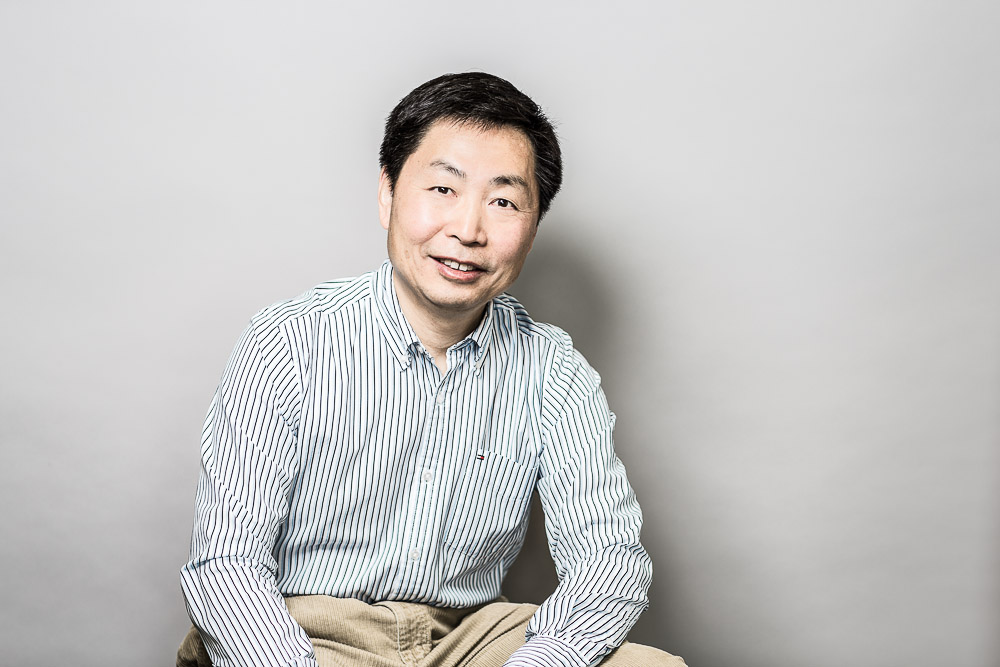
Zheng Hong (George) Zhu
Tier I York Research Chair in Space Technology
Zheng Hong (George) Zhu, Department of Mechanical Engineering in the Lassonde School of Engineering, was awarded a Tier 1 York Research Chair in Space Technology. Zhu is the Director of the Space Engineering Design Laboratory at the Lassonde School of Engineering, Department of Mechanical Engineering. His research interests touch on a number of topics including the dynamics and control of tethered spacecraft systems, electrodynamic tether propulsion and space debris removal, space robotics and advanced spacecraft materials.
Rob Allison
Tier II York Research Chair in Stereoscopic Vision and Depth Perception
Robert Allison, Department of Electrical Engineering and Computer Science, School of Engineering and a member of the VISTA program, was awarded a Tier 2 York Research Chair in Stereoscopic Vision and Depth Perception. He is interested in human perceptual responses in virtual environments and the study of stereoscopic visions. He is also interested in the measurement and analysis of eye movements and the applications of this technology.
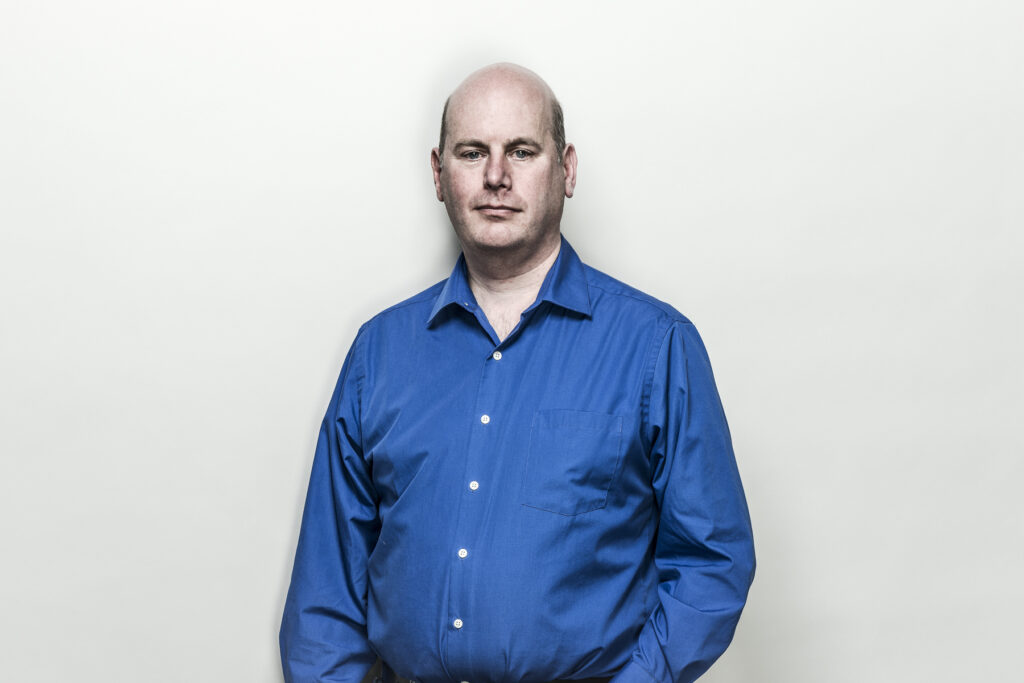
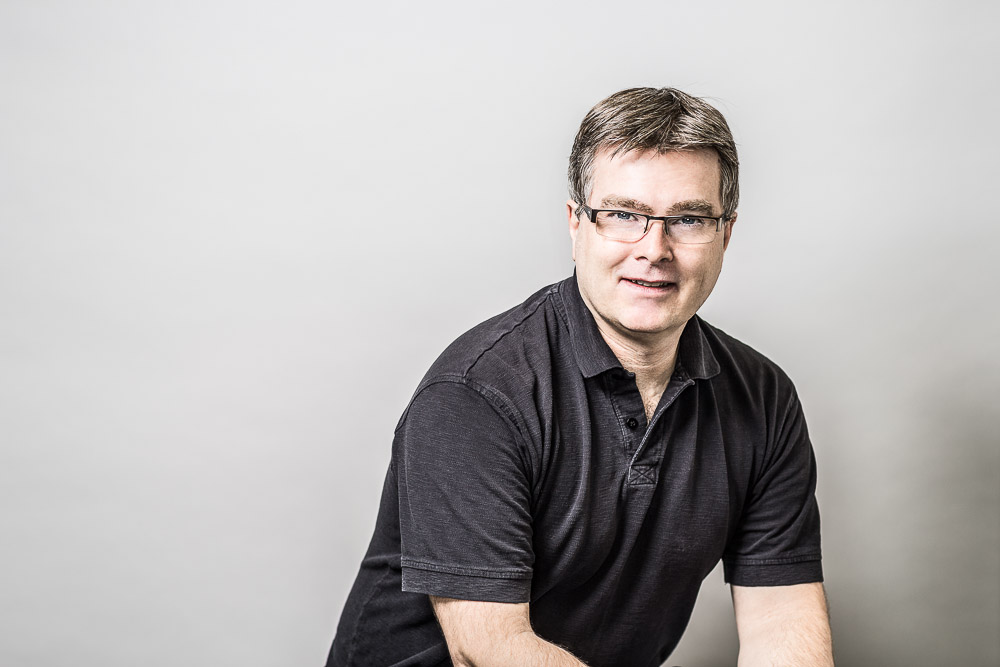
Mike Daly
Tier II York Research Chair in Planetary Science
Mike Daly, Department of Earth and Space Science and Engineering, Lassonde School of Engineering, was awarded a Tier 2 York Research Chair in Planetary Science in recognition of his outstanding contribution to space-flight instrumentation research at York. The York Research Chair will enable Daly’s participation in NASA’s OSIRIS-REx mission to the near-Earth asteroid Bennu and the return of Canada’s first sample of material from another solar system.
Hany Farag
Tier II York Research Chair in Integrated Smart Energy Grids
Hany Farag, Department of Electrical Engineering & Computer Science, Lassonde School of Engineering, was awarded a Tier 2 York Research Chair in Integrated Smart Energy Grids. Farag has research interest including the integration of renewable generation, energy storage and electric vehicles, renewable hydrogen and natural gas, and smart grids. Since joining York, Farag has secured over $500,000 in funding from NSERC and power utilities. He led the development of teaching and research laboratories in the new Electrical Engineering program, worth $2 million. He received an Early Researcher Award from the Ministry of Research, Innovation and Science in 2018.
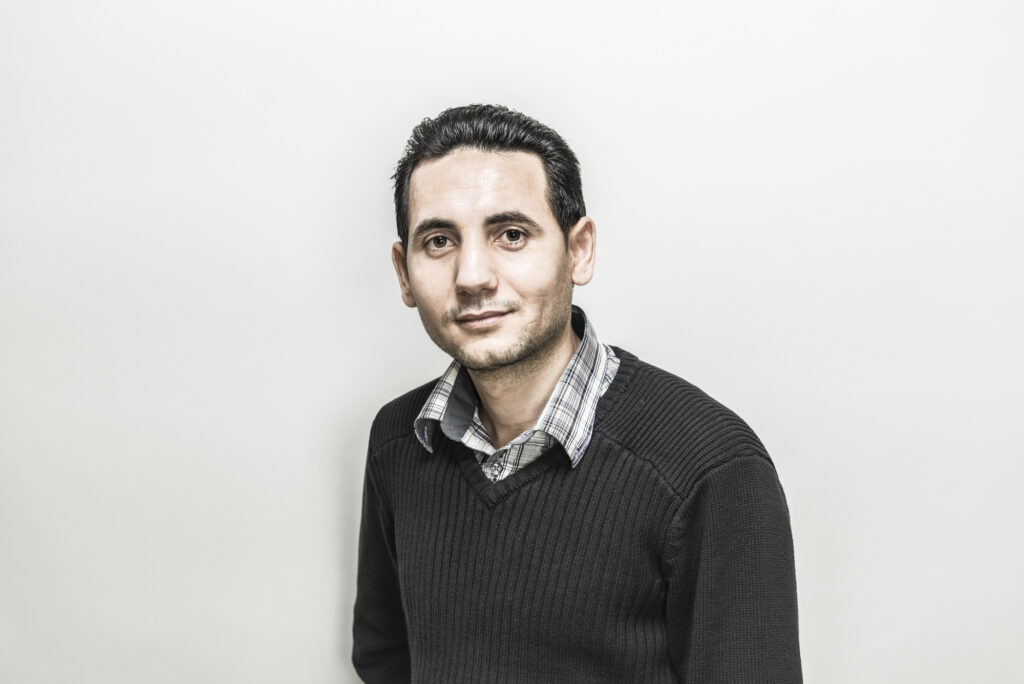
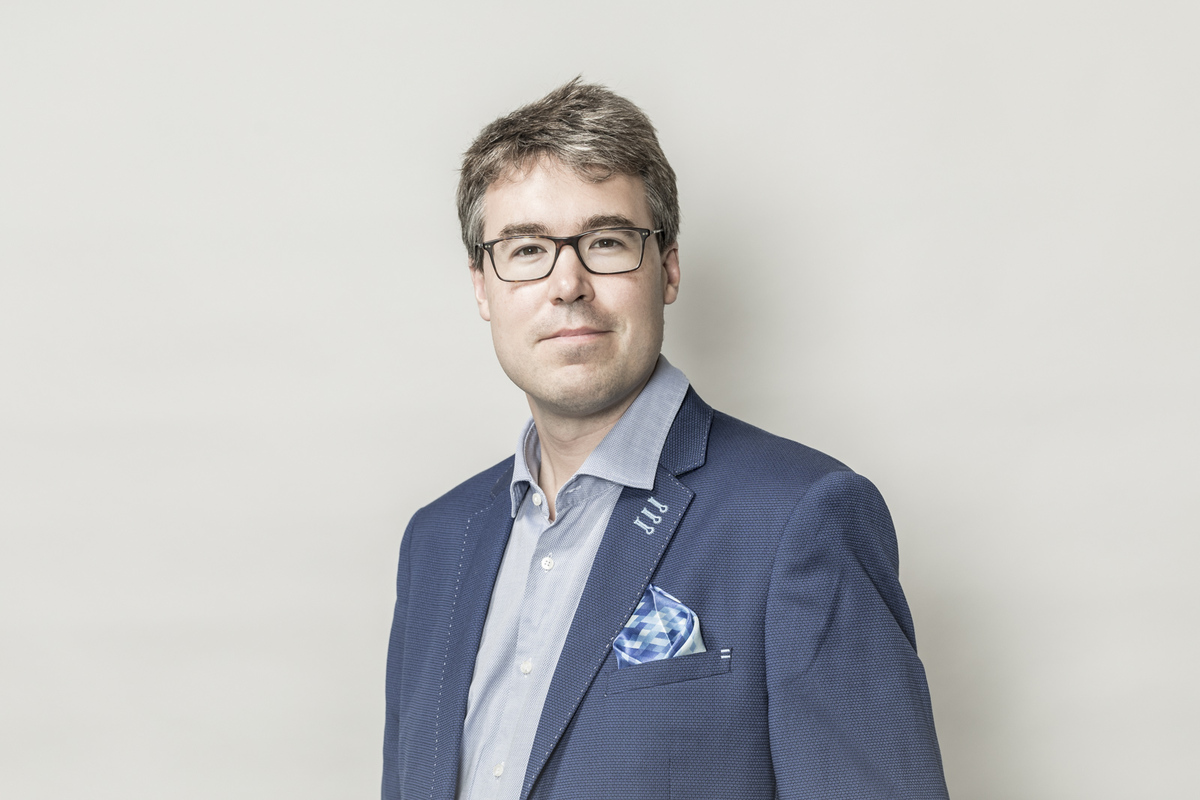
John Moores
Tier II York Research Chair in Space Exploration
John Moores, Department of Earth and Space Science Engineering, Lassonde School of Engineering, was awarded a Tier 2 York Research Chair in Space Exploration. Moores is an internationally recognized planetary scientist and space engineer whose research explores the atmospheres and surfaces of other worlds. His research group has been a member of the science and operations teams of five ESA and NASA space missions to Mars and Titan, and has been awarded the NASA group achievement award on 16 occasions. Moores has published 63 papers garnering more than 4,950 citations. He was elected as a Member of the College of New Scholars in the Royal Society of Canada in 2018.
Ali Sadeghi-Naini
Tier II York Research Chair in Quantitative Imaging and Biomarkers
Ali Sadeghi-Naini, Lassonde School of Engineering, was awarded the York Research Chair in Quantitative Imaging and Smart Biomarkers. He is an emerging leader in multi-disciplinary research at the intersection of AI, biomedical engineering, biophysics and oncology. His seminal studies demonstrated, for the first time, that quantitative ultrasound biomarkers at low frequencies can detect cell death induced by anti-cancer therapies. He seeks to develop quantitative imaging and biomarker technologies integrated with innovative machine learning and computational modeling techniques for precision medicine and personalized therapeutics.
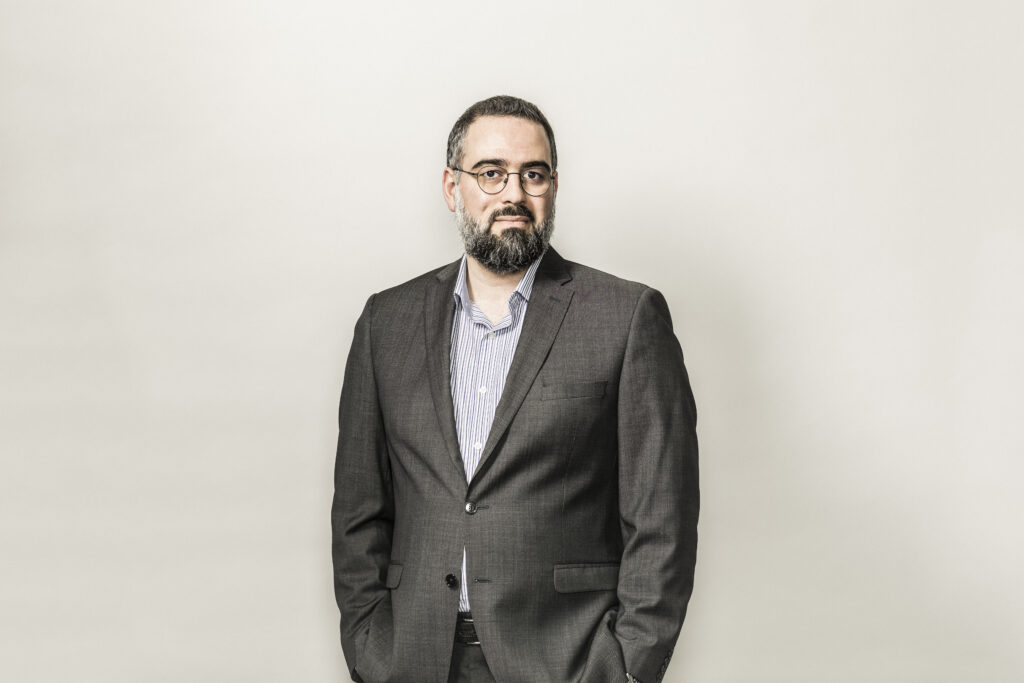
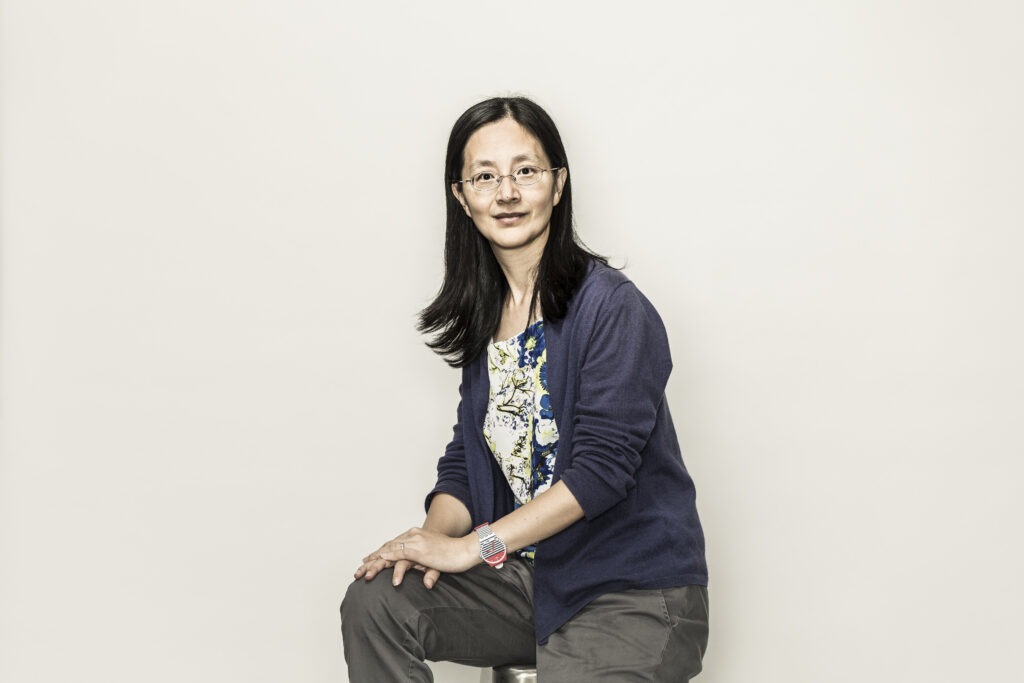
Ping Wang
Tier II York Research Chair in AI Empowered Next Generation Communication Networks
Ping Wang, Lassonde School of Engineering, researches wireless communications and networking. She has led research in radio resource allocation, network design, performance analysis and optimization for heterogeneous wireless networks. Her scholarly works have been widely disseminated through top-ranked IEEE journals and conferences. She intends to develop innovative techniques for next-generation wireless communications networks in supporting the emerging Internet of Things (IoT) applications.
JAMES AND JOANNE LOVE CHAIR IN ENVIRONMENTAL ENGINEERING
The Love Chair in Environmental Engineering was established as a result of a generous $2.5 million donation from longtime York University supporters James and Joanne Love in support of environmental sustainability at York University.
Satinder Kaur Brar
James and Joanne Love Chair in Environmental Engineering
Dr. Satinder Kaur Brar is the newly appointed Love Chair in Environmental Engineering and Professor in the Department of Civil Engineering at the Lassonde School of Engineering.
Dr. Brar is a research leader in the field of environmental engineering. In her previous role, Dr. Brar lead the research group on the Bioprocessing and Nano-Enzyme Formulation Facility (BANEFF) at INRS-ETE, successfully supervising six Master’s students, twenty PhD students, and six postdoctoral researchers. Her portfolio covers all aspects of fundamental and applied research and development activities in the fields of water security, sustainable groundwater sources, smart environmental technologies for renewable energy and climate change adaptation, green infrastructure, and environmental protection and sustainability.
As the Love Chair appointee, Dr. Brar will work on the intersecting areas of environmental engineering and its impact on the overall wellbeing of the global community. Her role is to enrich faculty and student research, broaden and enliven the teaching endeavour, and inspire a deep sense of environmental stewardship in graduates.
